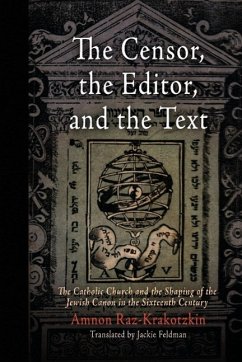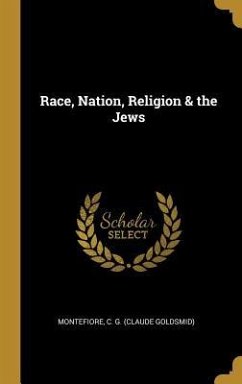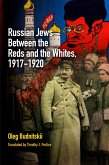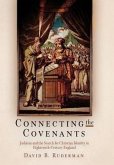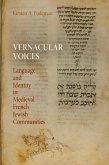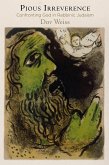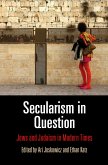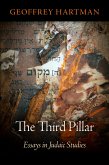The Censor, the Editor, and the Text The Catholic Church and the Shaping of the Jewish Canon in the Sixteenth Century Amnon Raz-Krakotzkin. Translated by Jackie Feldman "An important book, one that makes us reflect on past conclusions. . . . Raz-Krakotzkin writes history by emphasizing the nuances and inconsistencies intrinsic to cultural change and acculturation, a method that is not to be superciliously dismissed. If readers follow the author's own careful lead, they will be well rewarded."--Association for Jewish Studies Review "In this brilliantly argued book, Amnon Raz-Krakotzkin seeks to explain the role of Catholic censors within two contexts: their place within the church's institutional quest to set boundaries of "permitted knowledge" and to reshape the boundaries of Catholic orthodoxy on the one hand, and their role in reshaping Jewish texts on the other."--Humanities and Social Sciences Online "The history of Jewish publishing and reading practices is often ignored by the scholars working on Western scribal and print cultures. This book can help them to understand the multiple connections that existed between Catholic authorities, Christian printers and publishers, convert editors and censors, and Jewish readers during the sixteenth century. Raz-Krakotzkin stresses the role of censorship not only as a repressive institution but also as an agent in the construction of a repertoire of canonical works and in the collective production of the texts themselves."--Roger Chartier In The Censor, the Editor, and the Text, Amnon Raz-Krakotzkin examines the impact of Catholic censorship on the publication and dissemination of Hebrew literature in the early modern period. Hebrew literature made the transition to print in Italian print houses, most of which were owned by Christians. These became lively meeting places for Christian scholars, rabbis, and the many converts from Judaism who were employed as editors and censors. Raz-Krakotzkin examines the principles and practices of ecclesiastical censorship that were established in the second half of the sixteenth century as a part of this process. The book examines the development of censorship as part of the institutionalization of new measures of control over literature in this period, suggesting that we view surveillance of Hebrew literature not only as a measure directed against the Jews but also as a part of the rise of Hebraist discourse and therefore as a means of integrating Jewish literature into the Christian canon. On another level, The Censor, the Editor, and the Text explores the implications of censorship in relation to other agents that participated in the preparation of texts for publishing--authors, publishers, editors, and readers. The censorship imposed upon the Jews had a definite impact on Hebrew literature, but it hardly denied its reading, in fact confirming the right of the Jews to possess and use most of their literature. By bringing together two apparently unrelated issues--the role of censorship in the creation of print culture and the place of Jewish culture in the context of Christian society--Raz-Krakotzkin advances a new outlook on both, allowing each to be examined through the conceptual framework usually reserved for the other. Amnon Raz-Krakotzkin is Senior Lecturer in History at Ben-Gurion University of the Negev. Jewish Culture and Contexts 2007 328 pages 6 x 9 ISBN 978-0-8122-4011-5 Cloth $69.95s £45.50 World Rights Religion, History Short copy: The Censor, the Editor, and the Text examines the impact of Catholic censorship on the publication and dissemination of Hebrew literature in the early modern period. Raz-Krakotzkin argues that the regulation of Hebrew print provided an avenue for the integration of Hebrew literature into the Christian corpus.
Hinweis: Dieser Artikel kann nur an eine deutsche Lieferadresse ausgeliefert werden.
Hinweis: Dieser Artikel kann nur an eine deutsche Lieferadresse ausgeliefert werden.

